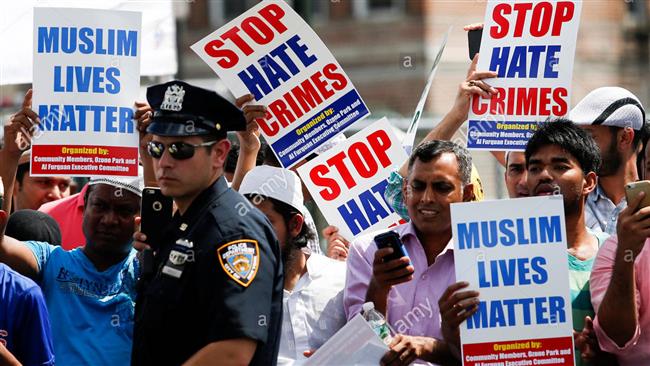
RNA - Over half of the 250,000 hate crimes that occurred each year from 2004 to 2015 went unreported to law enforcement for a variety of reasons, according to a special report on hate crimes released Thursday by the Bureau of Justice Statistics.
The report said many hate crime victims did not report their cases because they felt that police would not help or they didn't feel it was important.
The new survey shows the limits of hate crime reporting, said Brian Levin, the director of the Center for the Study of Hate and Extremism, California State University.
"Many victims don't report hate crimes because of personal and institutional reasons," he said.
Advocates fear that problem is worsening as the administration of President Donald Trump steps-up up immigration enforcement. The report says Hispanics were victimized at the highest rate, followed by blacks.
“I think this report shows the kind of fear that is going on in our communities” said Patricia Montes, executive director of the Boston-based immigrant advocacy group Centro Presente. She said that Hispanics will be even more reluctant to report hate crimes in the future.
Hate crimes in nine US metropolitan areas increased over 20 percent last year, fueled by the divisive rhetoric of Trump during his presidential campaign and more willingness for victims to report such crimes, according to a study released in May.
Bias crimes against Muslims, Jews and Hispanics accounted for much of the growth in hate crimes that were reported following the election of Trump on November 8, the study found.
A hate crime generally refers to a criminal act that is motivated by bias against a specific group. Hate crimes may involve physical assault, bullying, harassment, damage to property, verbal abuse or insults, offensive graffiti and hate mail.
847/940